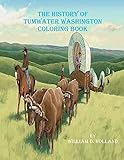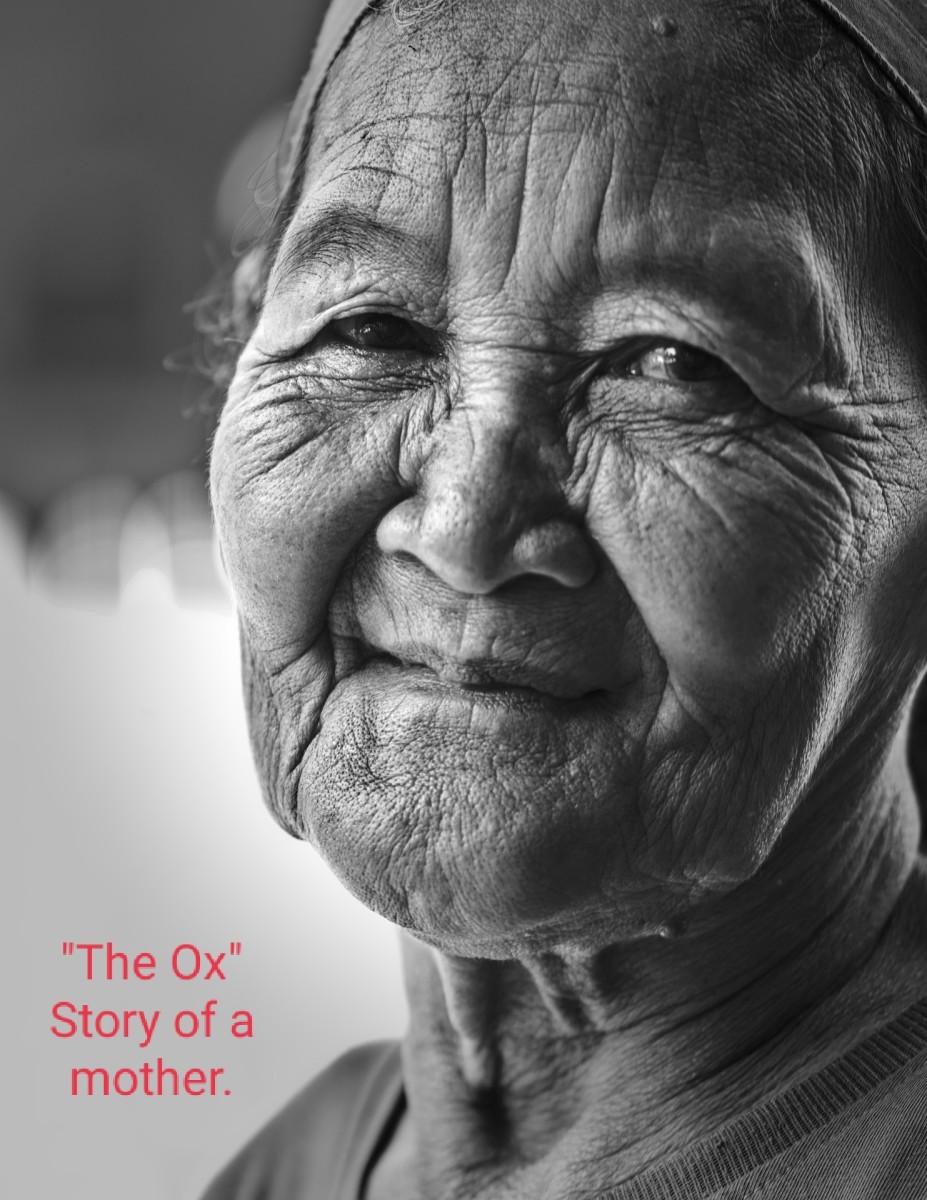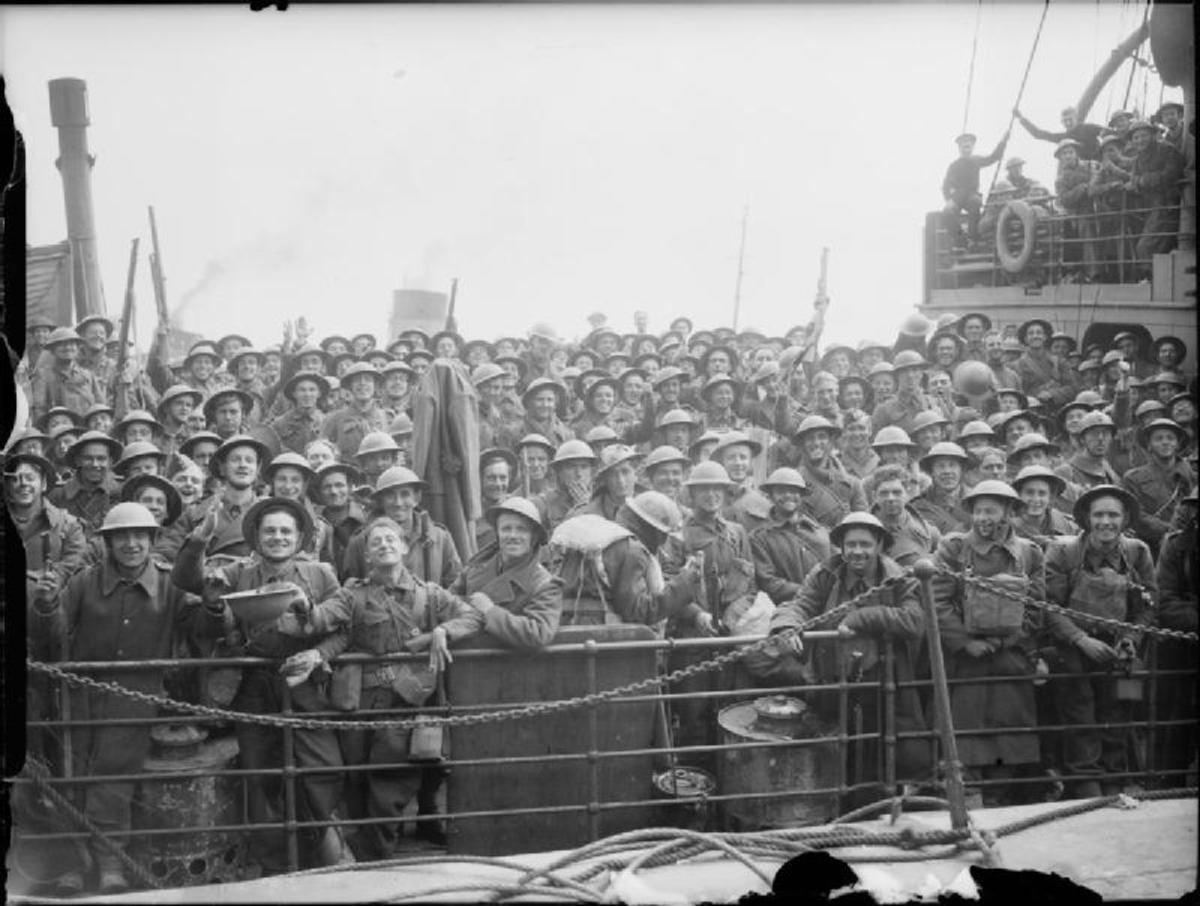- HubPages»
- Books, Literature, and Writing»
- Commercial & Creative Writing»
- Creative Writing
Into the Great Unknown: Chapter One
Where This One Came From
I just finished my latest coloring book, “The History of Tumwater, Washington,” and as I was creating it I was reminded of how fascinating I find the early-to-mid 1800’s. It was a time of incredible voyages in the young United States, voyages not only by nation-sponsored explorers but also by average citizens in search for a better life.
The Oregon Trail, and the stories that remain from that part of our history, well, it’s all just incredible to me. Families made the decision to uproot their homes and walk/ride over 2,000 miles across inhospitable and at times hostile land, into a Great Unknown, into a great uncertainty. Many died along the way. They were all profoundly aware of the risks they were undertaking, but still they went forward.
So this series of short stories is my tribute to those brave people. I doubt seriously if it will be a book. Historical fiction isn’t my main love, but I thought what the heck, why not try it anyway? I needed a break from serial killers so here is my break.
So here goes!
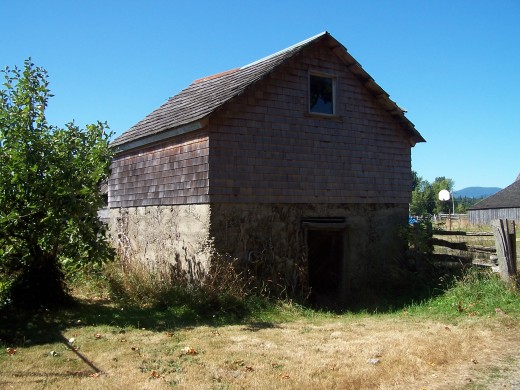
A Seed Is Planted
“But Joshua, why in the world would we do such a thing? It was a good year last year, our crops were bountiful, and there’s the children to think about. And Lordy, don’t even get me started talking about the Indians. The thought of it all just scares me to death.”
I understood my wife’s concern. It had been a good year on our farm just outside the new town of Cedar Rapids, Iowa. Hell, we had only been there two years, having moved from Pittsburgh, and our fifty acres was thriving with corn, the rich soil seemingly an endless supplier of life. It was a good life we had dug out of that soil, and we had our cabin built and were friends with some of the townfolk and there I was mentioning a move, but not just any move, but over two-thousand miles into the unknown and damn, my wife Laura spoke truth.
“But the growing season in Oregon, Laura, it’s a good two months longer than here, and by God six-hundred and forty acres is a damned sight more than fifty.” My mind was racing, looking for just the right words to use.
The first snow of the winter of 1845 blanketed our small farm. The gray pressed down upon the ground and the horizon shrunk down to a couple hundred feet in any direction.
“I was at the general store the other day and there was a man there, Jeremiah Tolson, he said he’d made the trip twice and the Indians, for the most part, are friendly, and he said Oregon is everything they say it is, green and mild and water everywhere. It just seems like we are limiting ourselves here, Laura, and I want the best for our children.”
She was quiet for a spell, kneading some dough, preparing to bake some pies. She’s a good-looking woman, solid in build, a smile that would soften the hardest of hearts, and the best damned wife I could hope for. Truth be she’s my equal in every way, and I couldn’t imagine life without her.
She brushed some golden hair from her face, leaving a white smudge on her forehead. Her eyes squinted in concentration, her strong hands making quick work of the dough. Then the beginnings of a smile spread across her soft face.
“Widow Brooks says Jeremiah Tolson is a scallywag and not to be trusted, but I suspect she’s sweet on him too. She says he trapped beaver in the Rockies when he was younger, part of the Bridger group, says he has been known to eat muskrat. Are you sure you want to be using him as your arguing point, a man who eats muskrat?” And she laughed, and I felt the familiar stirrings in my loins, the same stirrings that had produced our daughter, Lisa, age ten, and our son, Samuel, age six. I walked over to her, held her from behind in my arms, nestled my face in her hair.
“There’s nothing wrong with muskrat, woman. I’m told it tastes just like chicken. Listen, all I’m asking is you think about it. Wagon trains leave Saint Joe in early April. That gives you four months to give it some thought, all right?”
She laughed.
“Four months? Do I look like some kind of fool, Joshua? We would have to sell our farm, and most of our belongings, not to mention buy a wagon and some oxen, stock up on provisions. Good God, Joshua, if we made that trip we’d have to start preparing now.”
And right then and there I knew she had signed on!
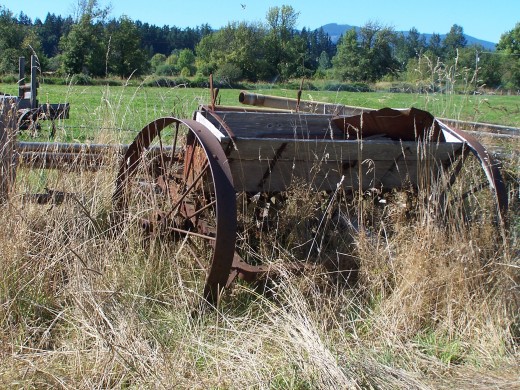
March Arrives
The snow was gone and the spring rains pounded our acreage as I jumped down off my horse and trudged through mud to our cabin. Laura was at the kitchen table, helping our daughter and son with their reading.
“While I was at the general store I ran into George Atkins. He and his wife have thought it over and they want to join us on the trip,” I told her.
George Atkins was a black man and my friend. A good man, strong, dependable, he and his wife had moved to Iowa from Missouri to escape what he said was “a strong prejudice against men of color.” Unfortunately he found similar attitudes in Iowa. He owned a blacksmith shop in town, did all right for himself but still, it’s hard being treated different from other folks and he was tired of it.
“He’s hoping Oregon Territory is more understanding regarding black men.”
Laura smiled and nodded her head.
“Well, hope springs eternal, or so I’m told. It will be good traveling with George and Sarah. They’re good people. Do you think it will be any different for them out west?”
“I hope so, Laura. I want to believe there’s a place where color isn’t used to judge a man. Anyway, I’ve got work to do. We’ve got three weeks left and then we need to load up and head to the gathering area. If we can leave earlier that’s all the better. I want to hook up with a good group, find a guide we can trust for the trip. The men in town were talking about the Trail, said a man will come face to face with his own devils on that trip. I reckon that’s true enough.”
“Did you find any oxen yet? Are you sure we even need them? Our horses have always been reliable pulling wagons.”
“I know they have, Laura, but where we’re going there ain’t no food for a horse. Oxen can eat the prairie grasses and survive much better. And yes, I found a guy, a friend of old man Palmer’s has a team of oxen, said he’d be willing to trade them for two of our horses and our old plow. I pick them up tomorrow.”
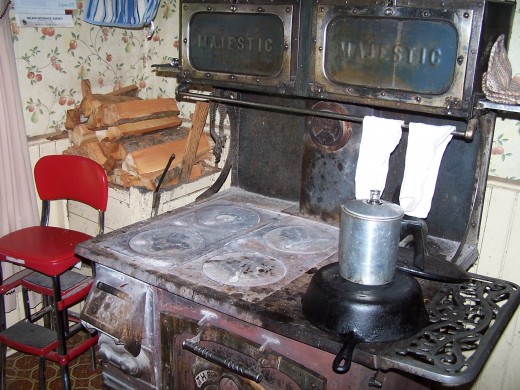
My coloring book
The Reality of It All
We were in bed that night, the rain continuing to pound on the roof, the tree limbs brushing against the side of our home, and Laura rolled over and tucked her head under my chin.
“I’m afraid, Joshua! If anything were to happen to the children on this journey, I don’t know what I’d do, and there’s all manner of things, bad things, that could happen to them. And suppose we survive the trip only to get out there and the crops fail, or you get injured and we can’t even work the new farm? What do we do then? And school for the children, and Indians, and where do we go to church in the wilderness, Joshua, and I heard someone speaking the other day about people dying of some horrible stomach ailment on the Trail, dying by the hundreds.”
I held her tight as the storm played a worrisome lullaby.
“Laura, a man can’t live his life afraid of what’s to come. Hell, woman, I could get hurt here on the farm, so Oregon don’t make no difference as far as that’s concerned. The rest of them problems well, the way I figure it, as long as I’ve got you by my side, we’ll make out all right. Admit it, wife, you’re just as excited as I am.”
She rose up on her elbows and looked at my face in the feint light.
“I love you, Joshua!”
“And I you, Laura! We all will be fine. There ain’t nothing out west that can stop us as long as we stand side by side.”
WE’LL JUST SEE ABOUT THAT
I don’t know about Laura, but Joshua’s statement is a challenge to this writer. I’ve got all manner of tough times ready to face this young family, so tune in next week as they take their first tentative steps on the Oregon Trail.
2017 William D. Holland (aka billybuc)



